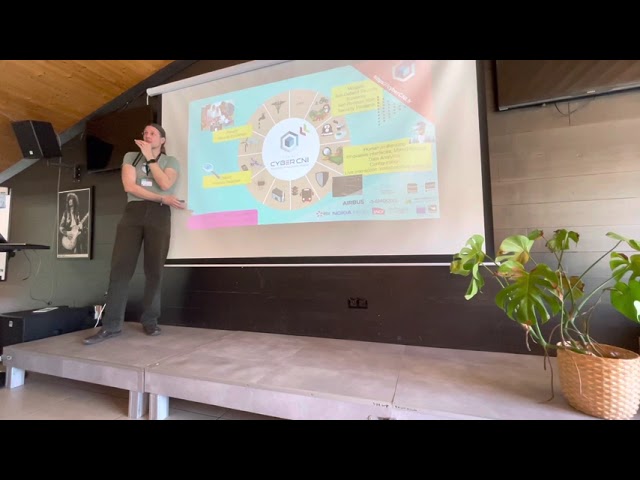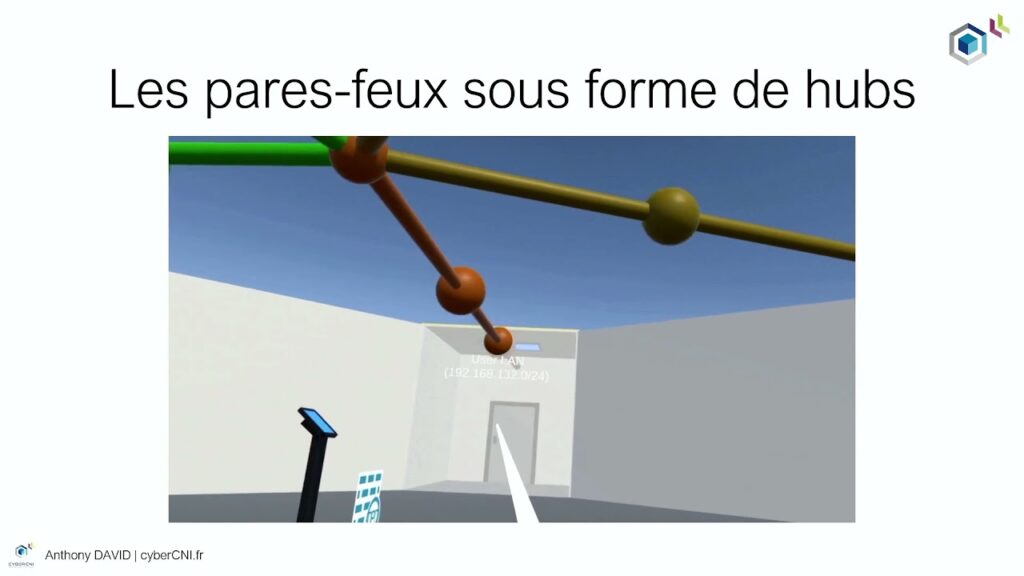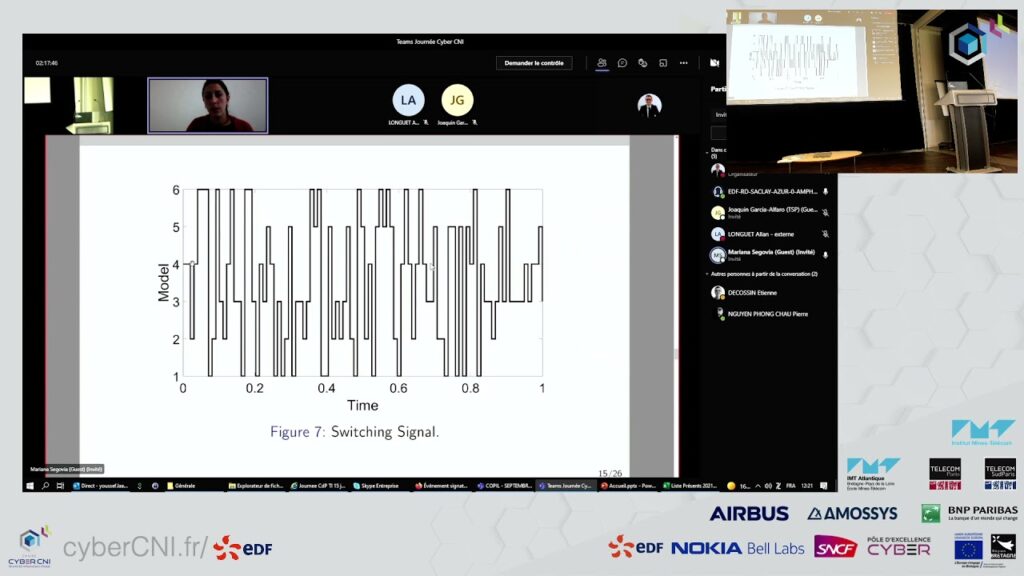Brace yourselves for an electrifying session at the European Cyber Week 2023, where we unveil the latest breakthroughs in cybersecurity research presented by the distinguished chairs of Cyber CNI and Cyber Naval Defense Systems. LIVEstream: https://youtu.be/n9z8bSwA6hU
Plongez dans la Recherche de Pointe en Cybersécurité lors de la Semaine Européenne de la Cybersécurité 2023 ! LIVEstream: https://youtu.be/n9z8bSwA6hU
End of September we welcomed the CEO of EDF, Luc Rémont at our chair in Rennes!
On April 11, 2023, we held our bi-yearly research update at the EDF site in Palaiseau. With almost the entire team of the chaire cyberCNI.fr present! As usual, the day was full of very nice presentations from our members, enriching discussions around our research topics, and of course open discussions around the cybersecurity. Thanks a lot to our hosts at EDF for the great hospitality, numerous expert participation, and the last but not least the very good food. We can all be proud of this wonderful day!
As part of the CyberCNI Chair session at the ECW 2022, Etienne DECOSSIN, Responsable du programme Tech de l’information – Simulation avancée, EDF R&D, & Youssef LAAROUCHI, Cybersecurity Project Manager, EDF, speak about “Energy and CyberCNI – the role of the collaboration for EDF”
The chair Cybersecurity for Critical Networked Infrastructures (cyberCNI) is organizing a session at the European Cyber Week (ECW) in Rennes. On Wednesday, Nov 16, 2022 from 9h30am to 12h00pm there will be a rich program. Join on-site in Rennes and online via the links below. Please share the info!
On the research update spring 2022, our partner Youssef LAAROUCHI (EDF), “Nouveaux enjeux Cyber pour EDF”. Take a look at the video!
At the “Rendez-vous de la Recherche et de l’Enseignement de la Sécurité des Systèmes d’Information” (RESSI) 2022, our chairholder Marc-Oliver Pahl presented the chair with a focus on the currently starting third phase.
On Sep 21, 2021, we had the pleasure to visit our partner EDF in Paris Palaiseau. Today, Nicolas and Anthony present their work on virtual reality for cybersecurity.
On Sep 21, 2021, we had the pleasure to visit our partner EDF in Paris Palaiseau. Today, Mariana present her work. In her talk, she will explain how to make control of cyber-physical systems resilent, using switched linear control system.
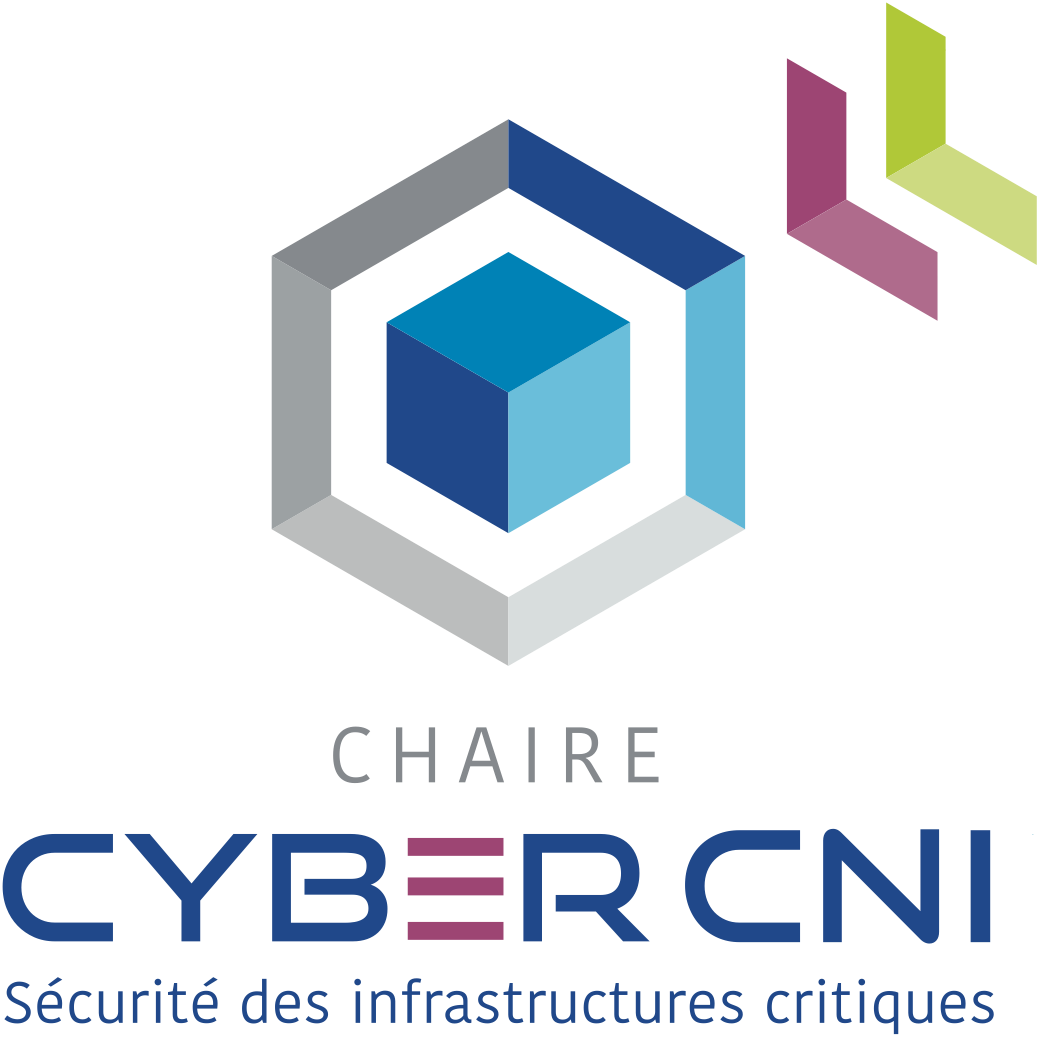
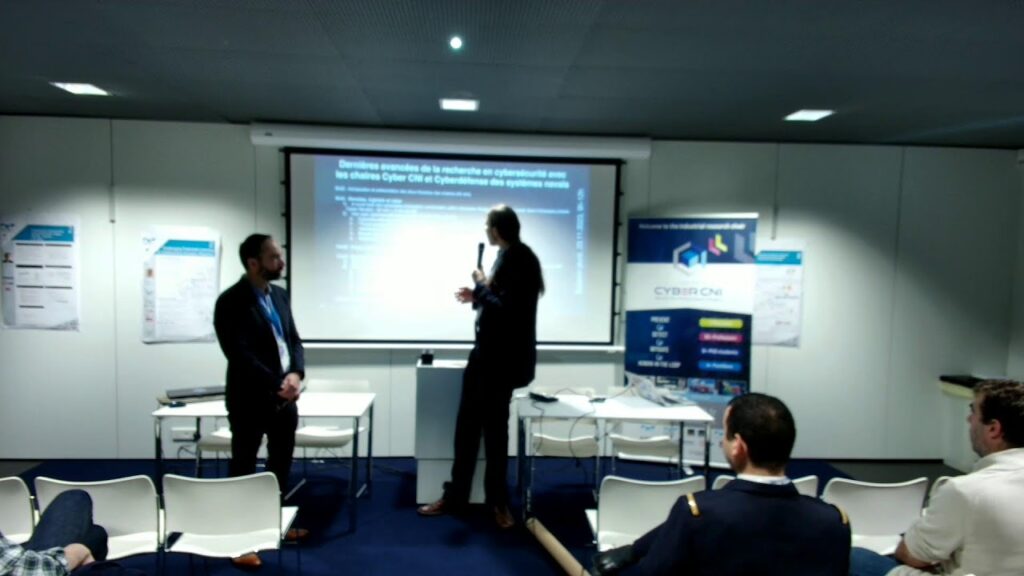
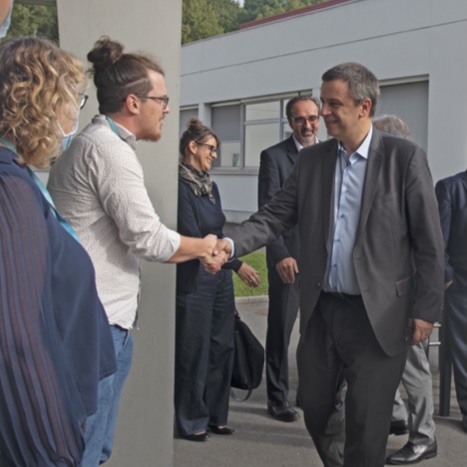
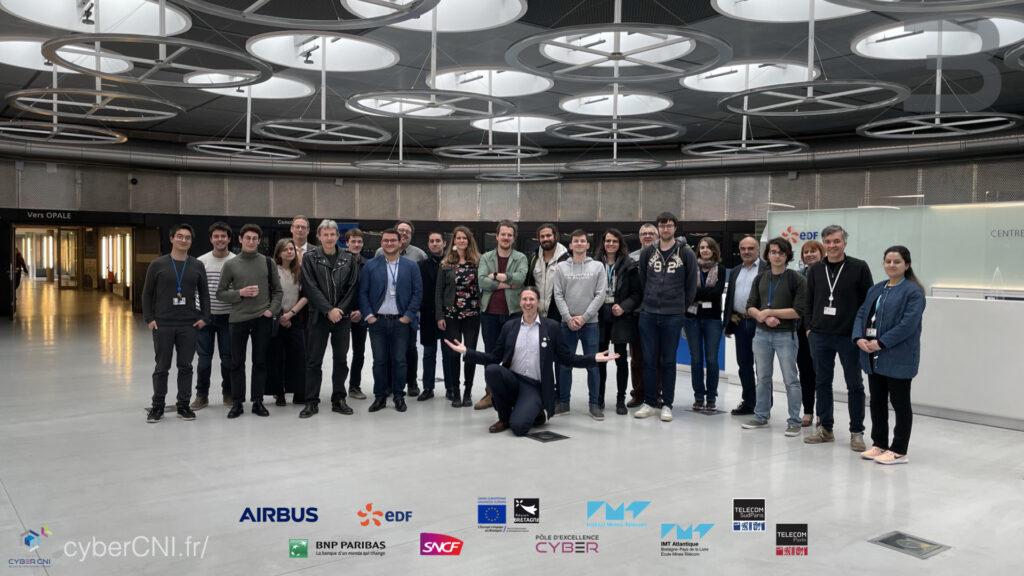
![[ECW2022] Etienne DECOSSIN, Responsable du programme Tech de l’information – Simulation avancée, EDF R&D, & Youssef LAAROUCHI, Cybersecurity Project Manager, EDF, speak about “Energy and CyberCNI – the role of the collaboration for EDF”](https://cybercni.fr/wp-content/uploads/2022/11/ECW2022-EDF-RD-1024x576.jpg)
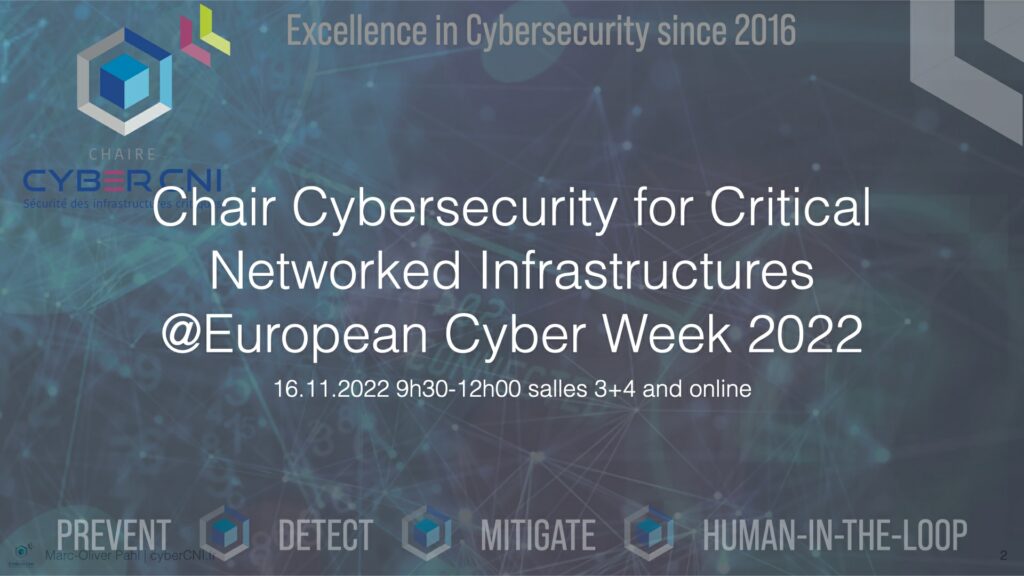
![[RU1/22] Keynote Youssef LAAROUCHI (EDF), “Nouveaux enjeux Cyber pour EDF”](https://cybercni.fr/wp-content/uploads/2022/05/RU122-Keynote-Youssef-LAAROUCHI-Chef-de-projet-en-cyberscurit-chez-EDF-RD.jpg)
